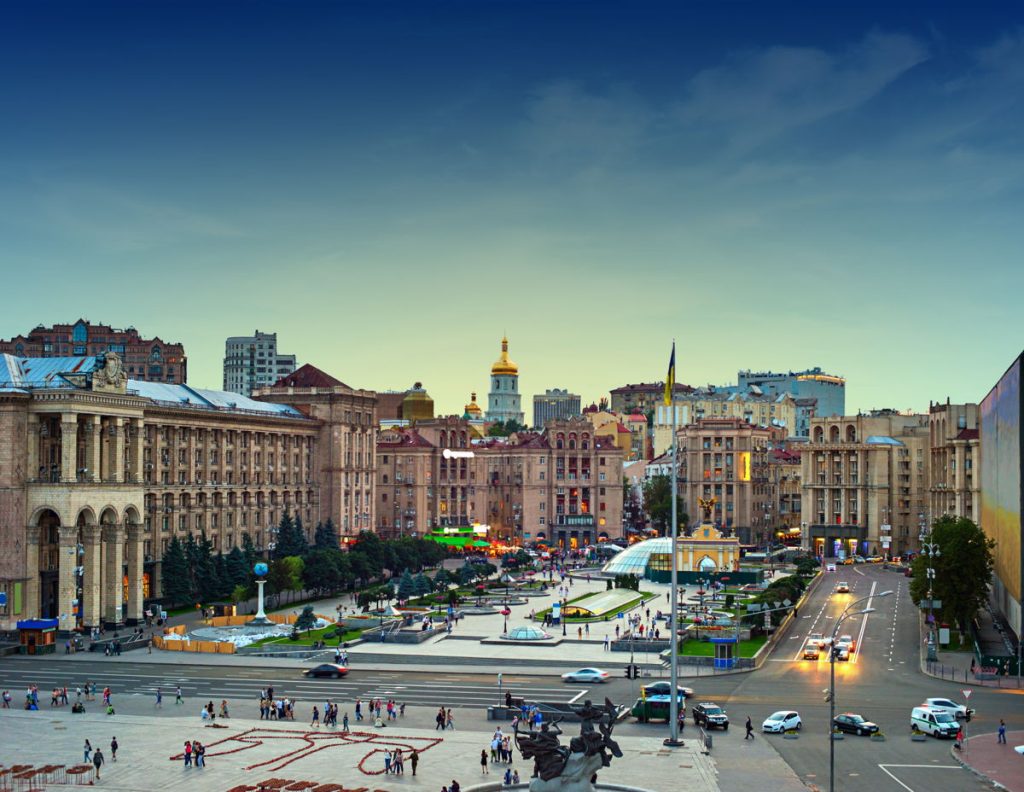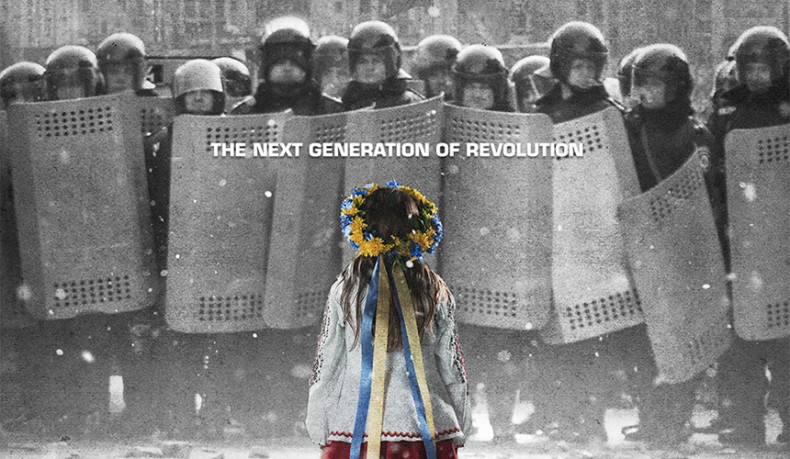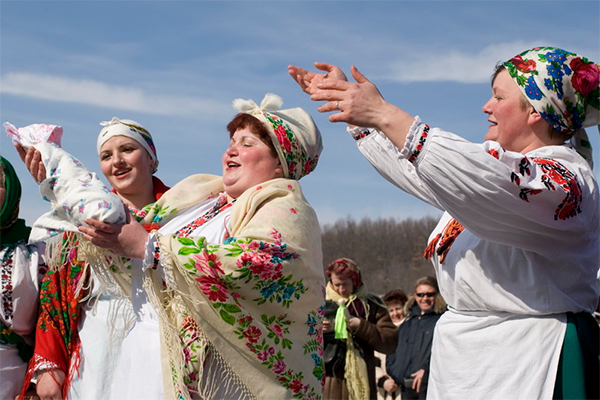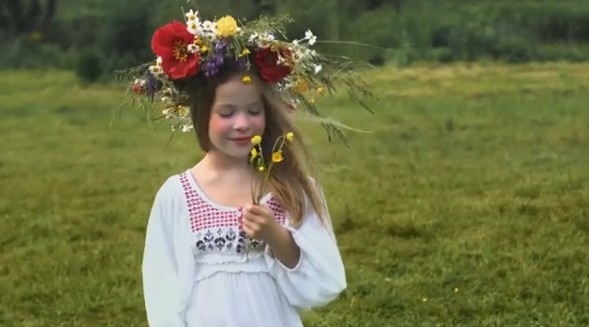In this comprehensive exploration, we delve into the intricate tapestry of Ukraine’s history, revealing a captivating narrative that has shaped the nation’s identity over millennia. From ancient civilizations to modern geopolitics, the history of Ukraine is a testament to the resilience, cultural diversity, and enduring spirit of its people. Join us on this journey through time as we uncover the key milestones, cultural influences, and pivotal moments that have defined Ukraine’s past and continue to impact its present.
Early Civilizations and the History of Ukraine
The Scythians and Proto-Slavs (7th Century BC – 9th Century AD)
Our journey begins in the mists of antiquity, in the vast steppes of Eastern Europe, where the Scythians, a nomadic warrior people, roamed the land. These fierce horsemen left their mark on the region and played a role in the formation of Ukraine’s early identity.
It was during the first millennium AD that the Proto-Slavic tribes began to settle in the region, laying the foundation for the modern Slavic languages and cultures. Ukraine’s landscape, with its fertile plains and strategic location, attracted these early settlers, who established the roots of what would become a rich and diverse cultural tapestry.
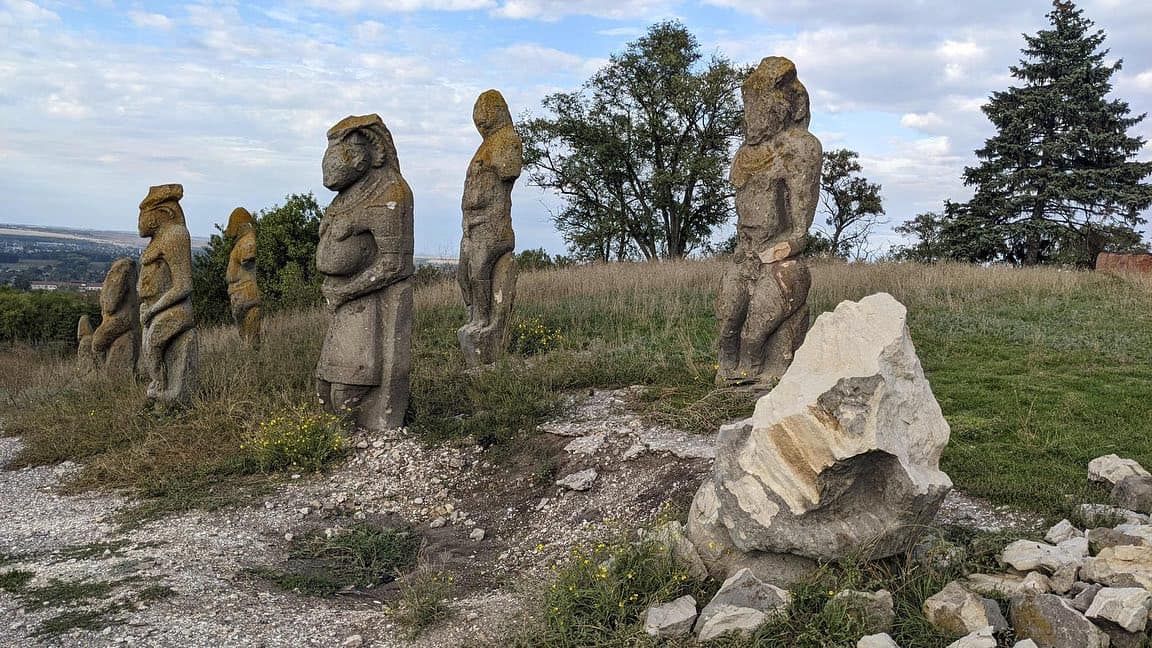
Medieval Ukraine: The Kievan Rus’ and Mongol Domination
The Rise of the Kievan Rus’ (9th Century – 13th Century)
The Kievan Rus’, centered in the city of Kyiv, emerged as a powerful and influential state in the 9th century. Under the rule of Prince Volodymyr the Great, the Rus’ adopted Christianity in 988, a momentous event that would shape the religious and cultural identity of Ukraine for centuries to come.
Mongol Domination and the Fragmentation (13th Century – 15th Century)
However, the prosperity of the Kievan Rus’ was short-lived, as it fell under Mongol domination in the 13th century. The Mongol invasion brought destruction and fragmentation to the region, leading to the emergence of several independent principalities, including Galicia-Volhynia and the Grand Duchy of Lithuania.
Renaissance and the Cossack Era
The Hetmanate and the Cossacks (17th Century)
The 17th century witnessed the rise of the Cossacks, a group of semi-autonomous warrior communities that played a pivotal role in history of Ukraine. Led by charismatic hetmans like Bohdan Khmelnytsky, the Cossacks rebelled against Polish-Lithuanian rule and established the Hetmanate—an embryonic Ukrainian state.
Ukrainian Culture and the Cossack Renaissance
During this period, Ukraine experienced a cultural renaissance, with literature, music, and art flourishing. Renowned figures like Taras Shevchenko and Ivan Mazepa made enduring contributions to Ukrainian culture, and the Hetmanate became a center of intellectual and artistic innovation.
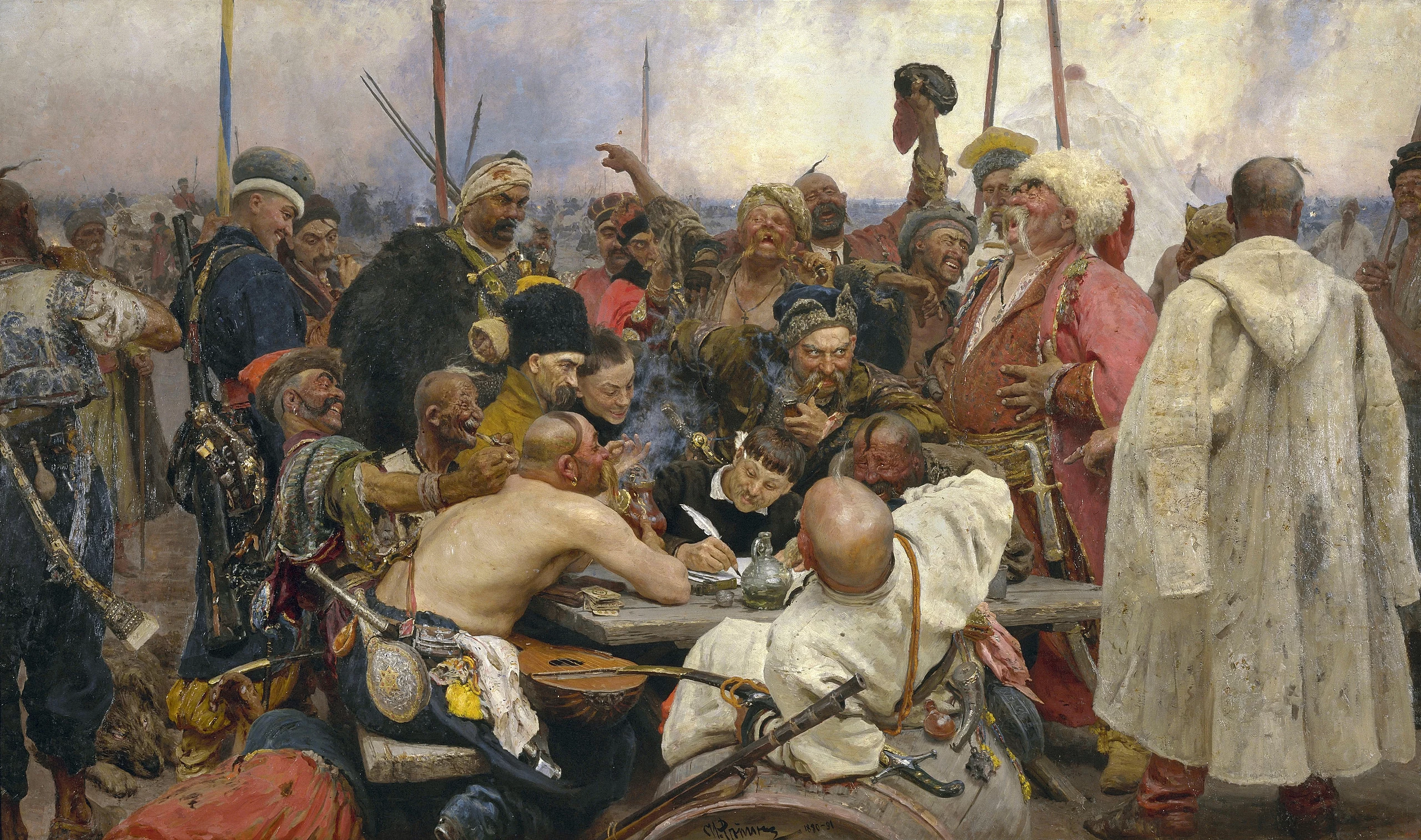
Modern History: Empires, Wars, and Independence
Russian Empire, Austro-Hungarian Empire, and World War I (18th Century – Early 20th Century)
Ukraine’s modern history is marked by a struggle for independence amidst the shifting tides of empires. The 18th century saw the division of Ukraine between the Russian Empire and the Austro-Hungarian Empire, leading to a complex web of ethnic, cultural, and political influences.
The turbulence of World War I further fueled the desire for self-determination, and Ukraine briefly gained independence in 1918, only to be swallowed by the maelstrom of the Russian Civil War and the emergence of the Soviet Union.
The Soviet Era and World War II (20th Century)
The 20th century brought unprecedented challenges to Ukraine. The country endured the Holodomor, a devastating famine-genocide, and the horrors of World War II. Millions of Ukrainians perished during these dark times, leaving an indelible mark on the nation’s psyche.
The Road to Independence
The Dissolution of the Soviet Union (1991)
Ukraine’s quest for independence culminated in 1991 when it declared its sovereignty following the dissolution of the Soviet Union. This momentous event marked the birth of modern Ukraine, and its journey towards establishing a stable democracy and a thriving economy began.
Contemporary Ukraine: Challenges and Aspirations
Geopolitical Complexities and the 2014 Ukrainian Revolution
The early 21st century has seen Ukraine at the center of global attention, as it grapples with the complexities of its relationship with Russia and its aspirations for closer ties with the European Union. The 2014 Ukrainian Revolution, also known as the Euromaidan, brought about significant political changes and renewed hope for a more democratic and prosperous future.
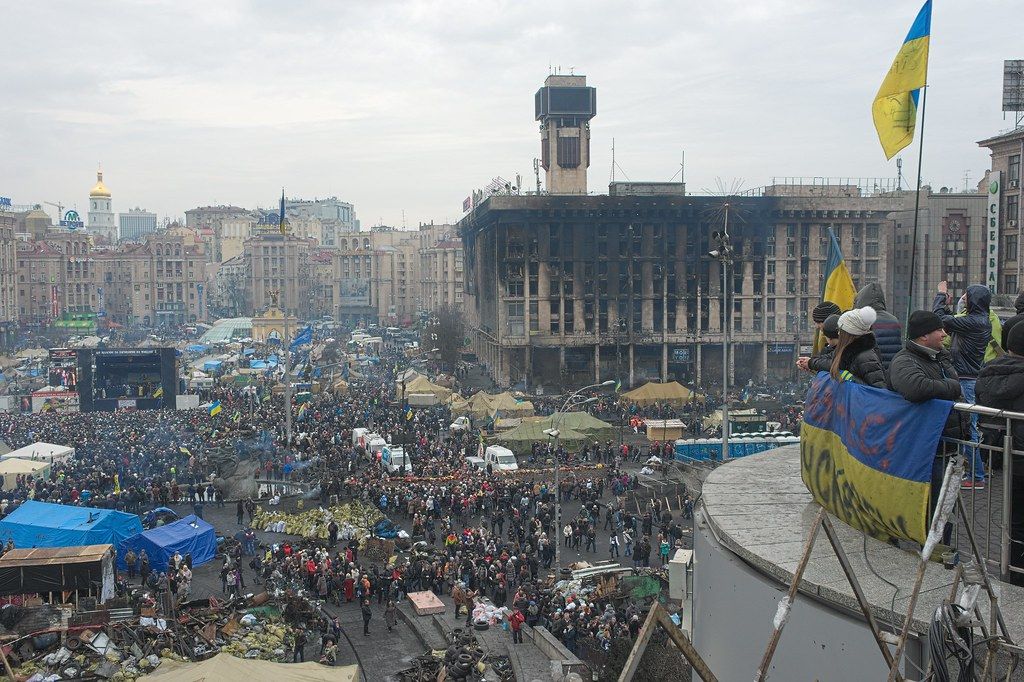
Conclusion
In conclusion, the history of Ukraine is a saga of resilience, cultural diversity, and a relentless pursuit of self-determination. From the ancient Scythians to the Cossack era, from the depths of Soviet oppression to the modern quest for democracy, Ukraine’s story is one of triumph over adversity.
As we reflect on this rich and complex history, it becomes evident that Ukraine’s past continues to shape its present and future. Its people, with their indomitable spirit, stand ready to face the challenges of the 21st century, as Ukraine forges its path on the global stage.

